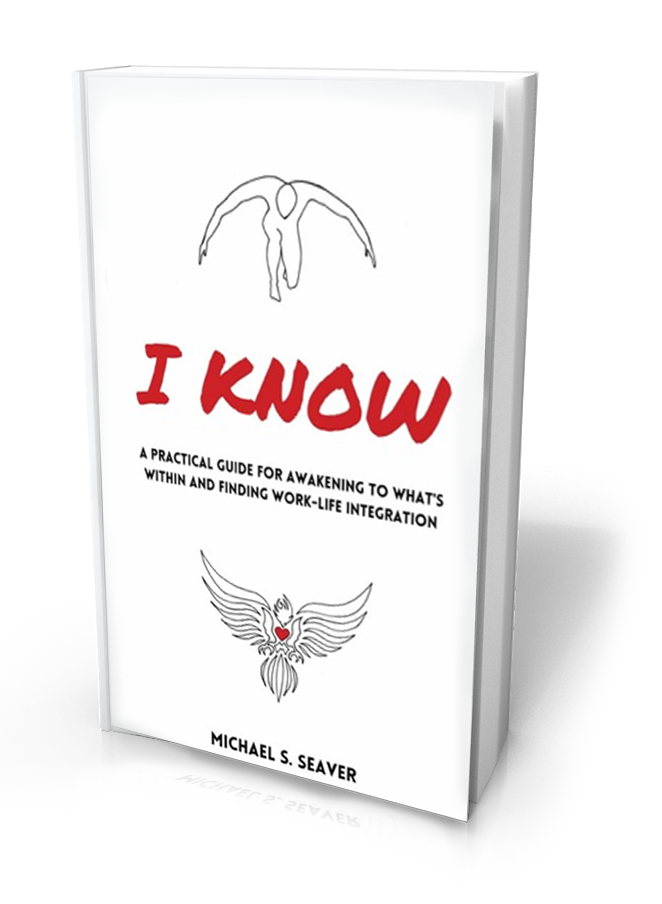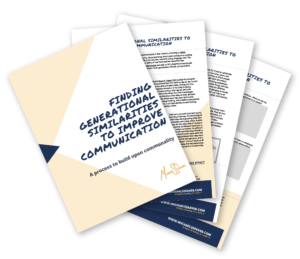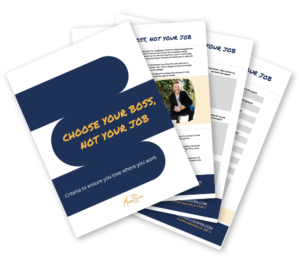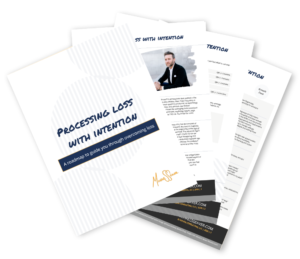Grades. Networking. Job. Money. Career. Time management. Failure. The future. Experience. Relationships. Family. Direction. Opportunity cost. Differentiation. Framing my value.
These were a handful of the responses from 100+ Thunderbird School of Global Management students when I asked them what they were most nervous about as they entered, or returned to, their degree program. I polled them anonymously using Mentimeter August 25th as I gave a talk about competing at the graduate level.
The fact they were most anxious about grades struck me as odd. I realize that segments of our society are focused on this and there are industries, companies and job functions where they’re important. What I’ve experienced is that grades rarely determine a person’s capacity for engagement, happiness and fulfillment. My hope is that these students find a meaningful balance between getting appropriate grades and the creation of daily habits that define their personal brands, long-term relationship building, and experiential learning. Faculty are often great at teaching higher-level strategy, but experiential learning such as volunteerism, board service, and entrepreneurship (and much more) teach execution.
For the people I serve, emotionally-intelligent execution is EVERYTHING.
The most influential people I’ve served have a distinct capacity for self management. Meaning, they control their emotions, avoid impulsive action and place select immediate needs aside to focus on long-term goals. They have a deeper awareness of the power of losing a short-term “battle” so they’re in a stronger position to win the long-term “war”. They also deeply recognize and respect someone else’s sovereignty. Their life’s narrative. The ups and downs of their journey. Their ability to navigate life with minimal assistance.
When you recognize the importance of sovereignty, you then have opportunities to manufacture defining experiences that shape that person’s future. You consciously create learning experiences that teach others something they need to know before they take the next step in life. The experience is purposely emotional, memorable, and inspiring. The moments are crafted with the right ambiances, questions and nonverbal messaging. The reflection that follows identifies important patterns, reiterates key learning, and lays out action items.
Here are three things to consider as you manufacture experiences for those close to you –
1. Negative Emotions. Where there’s reactivity, there’s a wound. Humans have tendencies to dislike change. Often, their skepticism (and emotional sensitivities) of something new is driven by previous similar scenarios where the outcome wasn’t in their favor. They were hurt that time and want to avoid hurt this time. You can help them through this by reminding them that negative events aren’t permanent. They won’t last forever. To help someone through the negativity, ask them about previous similar situations and talk through their outcomes so they can see that challenges are often beneficial. All experiences are win-win if you allow them to be.
2. Circle of Influence. You can’t change the people around you, but you can change the people around you. People have to want to change. If they elect not to, that’s okay. Perhaps, you need to repurpose your time with new people. Life is too short to spend time with others who have different life missions, who drag you down and do little to generate value for you. If you’re the average of the five people you spend the most time with, I encourage you to coach others to spend time in new circles where positive and uplifting experiences happen freely.
3. Delivering Happiness. Happiness is the frequency of positive experiences, not the intensity of those experiences. The mainstream media portray America as a deeply divided place. I realize there are pockets of this, but I watch thousands of influencers on social media and the experiences they’re creating to bring disparate people together, teach empathy and ignite understanding is truly amazing. Consider turning off your television or radio and begin listening to TED Talks, podcasts or YouTube videos. Your life will never be the same thereafter. Use your learning to meet the people around you where they are. Share timely information that makes them think, take action and positively impact their stakeholders.
I believe there is a new wave of consciousness coming and what will matter most in this new world is how authentically transparent you are about your life, how much value you selflessly generate for others, and how you execute daily towards the achievement of your goals. I don’t believe success is grades, a job, or the “right” career.
It’s what percentage of your day you spend living your life’s mission. I hope the Thunderbird students heard that message on the 25th. And, I hope that by reading this, you’re beginning to feel it now.
If you desire to be an influencer, build such deep and meaningful relationships that you know when to manufacture the right experience to completely change a person’s life.






Connect with me